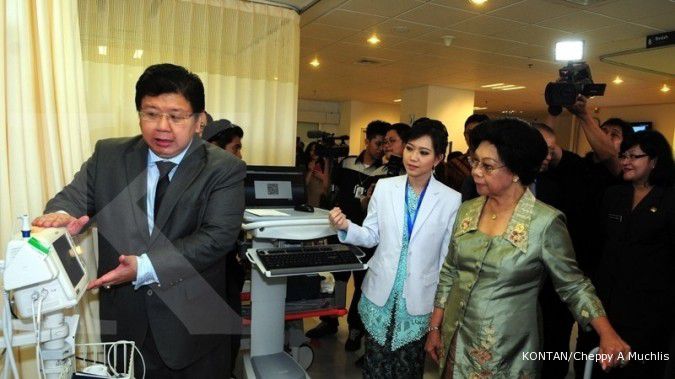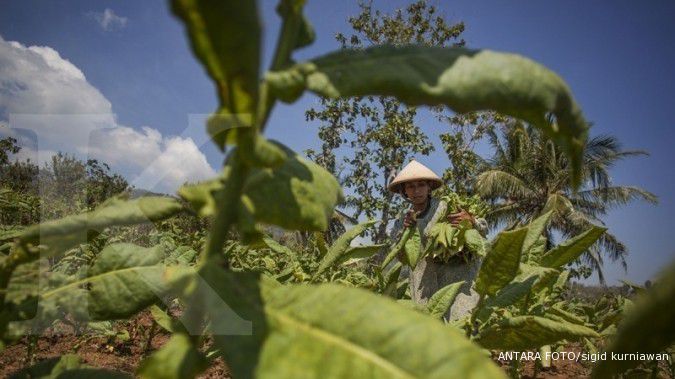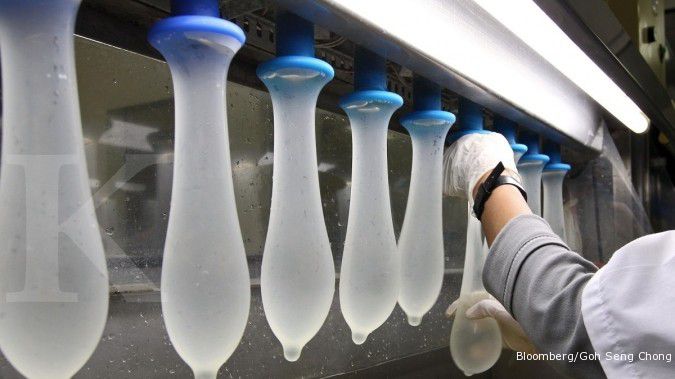JAKARTA. The Health Ministry plans to conduct public health research to obtain data on the sufficiency and safety of the food eaten by Indonesians.
The 2014 Total Diet Study is aimed at giving an overall picture of current consumption patterns among Indonesians nationwide.
“This study is very important because we are still dealing not only with chronic hunger and malnutrition [in some areas] but also over-nutrition, which is more dangerous as it can cause non-infectious diseases,” Health Minister Nafsiah Mboi said at the opening of the 2014 Health National Work Meeting in Jakarta on Tuesday, as quoted by Antara.
With increased health risks caused by a double burden of nutritional problems, the minister said she hoped the Total Diet Study would deliver a comprehensive picture of food consumption patterns in Indonesia in order to determine the best way to tackle the existing problems.
The study will involve two elements -- an Indonesian Food Consumption Survey (SKMI), which will be held in all 34 provinces, and Food Chemical Taints Analysis (ACKM), which will be piloted in Yogyakarta after the SKMI results are issued.
The ACKM will determine the levels of food contamination based on international standards.
“The analysis aims to monitor food taints, such as formalin that can cause kidney failure, as such cases have been increasing in the country,” Nafsiah said.
Yogyakarta has been chosen as the pilot area for the ACKM as it has a wide variety of local foods and is therefore considered representative of the many Indonesians' dietary behavior. Previous surveys also revealed a number of food contamination cases in the province.
The Health Ministry, which will work on the survey together with the Food and Drug Monitoring Agency (BPOM), has come up with a list of 27 pollutants that will be tested based on a food examination standards issued by the World Health Organization (WHO). The food taints due to be tested include pesticides, heavy metals and microbiological factors. (ebf)
/2012/07/09/1330996491.jpg)














